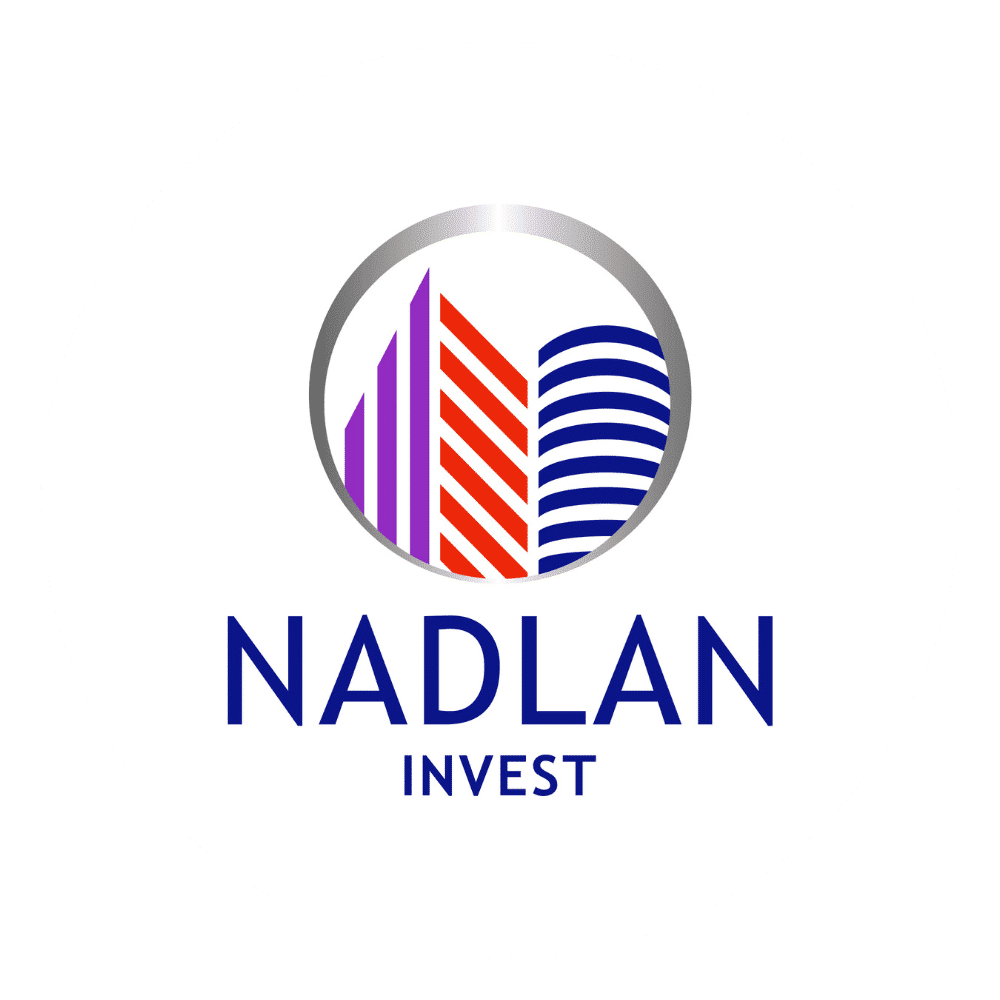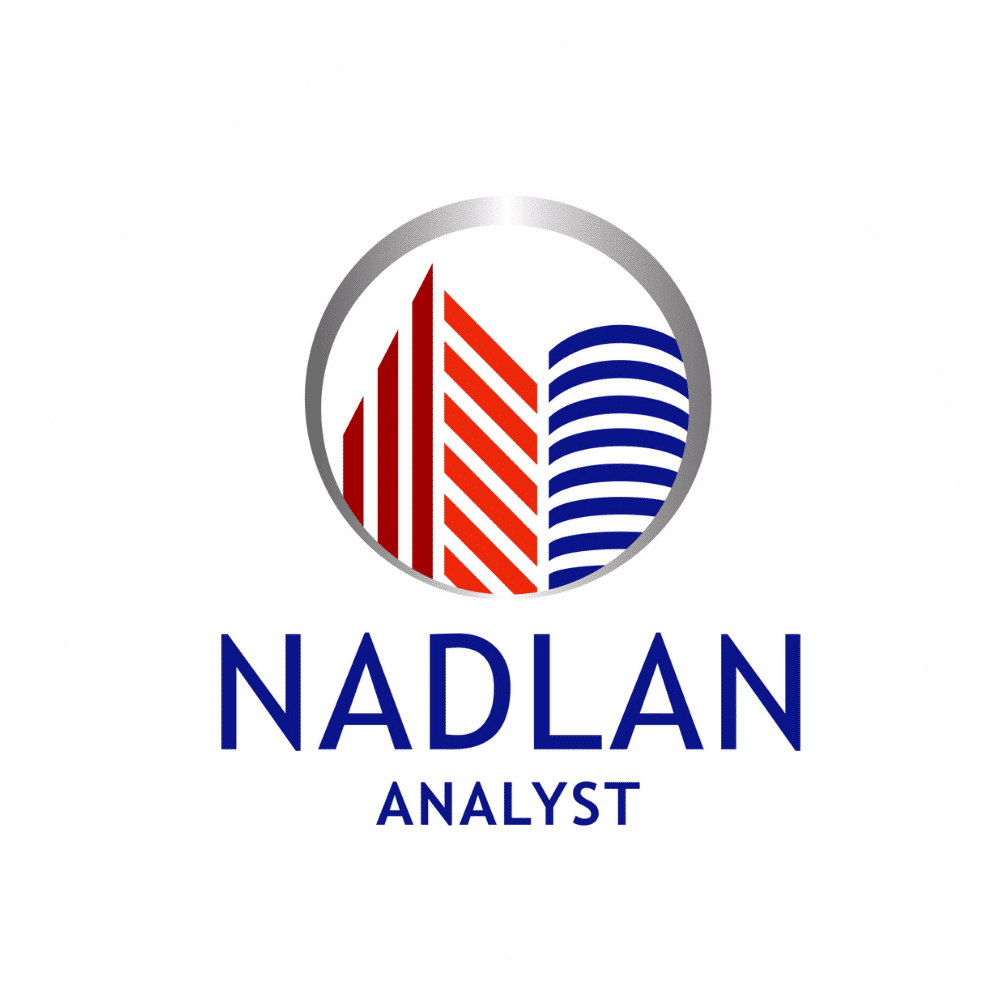What is between drug development and serial administration of flips

#יםמהשבוי Bnei Yerushalmi #Post2
What is between drug development and serial administration of flips
In the first post, I shared with you the process I went through, from a salaried manager in a large company to an entrepreneur, a partner in a company that carries out real estate projects in the USA. The change I went through in about a year was heaven and earth, and it affected my professional, personal and lifestyle in general. At the same time, one thing I did want to take from my "previous career" to entrepreneurial life is the ability to simultaneously manage a very large number of projects. Imagine a juggler juggling balls and every few minutes adding another ball. At some point and quite quickly the ball will arrive that will cause all the other balls to fall to the ground and it doesn't matter how professional and skilled the juggler is.
Managing a real estate project also involves many things that are beyond professional knowledge and experience and also requires: management of many activities that are carried out simultaneously or in series, management of schedules, management of a huge number of documents, management of many contacts including contractors, employees and investors, management of contracts With start, end and payment points in between. In short, the level of information and processes that must be managed increases greatly with each project that is added, until a critical point where efficiency and success begin to decrease significantly.
In the pharmaceutical world, the initial drug development is of course done in laboratories, but even after proving the success of the drug in terms of efficacy and safety and approval to produce the drug has already been obtained, they still remain on a relatively small scale, when the intention at this stage is to preserve the properties of the drug but make its production more efficient and more suitable for serial production. The consideration here is of course economic and starts from the premise that this is an experimental phase and inevitably some of the experiments will fail and a lot of valuable material will be thrown away. The transition to large volumes of work will be carried out only when the processes are closed and the chance of disqualification is negligible.
Let's go back to the world of entrepreneurship and think about the simile: we have done a first, second, third project, with each additional project we improve processes, make our contractors more precise, improve analysis capabilities, we are actually in the process improvement stage and at this stage we aim for the cost of failure to be minimal, so we will One project at a time and small cost scopes. After we have already carried out several individual projects and we feel that our processes are already consolidated, some of us will strive to SCALE UP: increase the number of projects that are managed at the same time and increase the budget of each project separately.
Our tendency is to continue what has worked well for us until now, why change? This is exactly the mistake that many entrepreneurs make. Managing 20 projects at once is not an extended version of managing 4 projects. These are different work processes, different computing tools, a different method for recruiting investors, different advertising methods and much more...
Therefore, if you aim to increase the volume of activity in your entrepreneurship, don't just try to bring in more deals and expect the rest to work out and you'll wake up one day with a company that made 30-40 deals a year. In order to reach the hoped-for goal, we need to do things with full awareness and take actions that will ensure the achievement of the goal. The human brain loses its efficiency in activities that require the memory of many details and the performance of simple technical activities, as the number of these is increasing. Managing a large number of projects will require a transition to tools and processes that will not be based on memory and intuitions. Therefore, if we have come to the decision that we are interested and also professionally ready to increase the scope of our activities, let's stop for a moment, define our new goals and accordingly begin to formulate the tools and techniques that will allow us to achieve the goals.
Decision points for SCALE UP
Should you continue as an individual entrepreneur, bring in a partner or increase an existing partnership?
What number of transactions do you aim to reach per month, per year? Is it possible to reach such a number of good deals in the area where you work or maybe it's time to add another work area or two?
Will the business model that you worked according to and was successful in the pilot period also work in SCALE UP? (How do you intend to finance each transaction? What will be the purchase budget and the renovation budget for each project? What guarantees can you provide to your investors?)
How will you manage the company's cash flow (expenses and revenues) in such a way that the company does not fall into a cash flow crisis even when it is profitable.
How will you monitor in real time the actual expenses in each project compared to the pre-planned expenses.
How will you manage your diary and all the many time-related activities (meetings, lectures, document submissions, payments, investor investment periods, etc.).
How will you give your staff members and investors the feeling that they are still your top priority, even though you are dealing with many staff members and many investors.
How will you effectively manage the activities of your employee or employees who receive a salary from you.
How will you record the accumulated information in the projects and how will you present it in a way that will allow identifying trends and making informed decisions regarding future projects.
How will you manage thousands of documents (contracts, insurance policies, price offers, sales agreements, inspection reports, photos of properties at work, etc.).
How will you ensure the execution of dozens of daily tasks in a timely and efficient manner.
In the next 3 posts we will talk about 3 tools/strategies that will be able to answer most of the issues and questions that require a decision for the SCALE UP:
Post 3 - Expanding the partnership: 1 + 1 = a lot
Post 4 - Investors - the engine of the company
Post 5 - Real estate with a high-tech touch - use of information systems and AI tools










































Responses